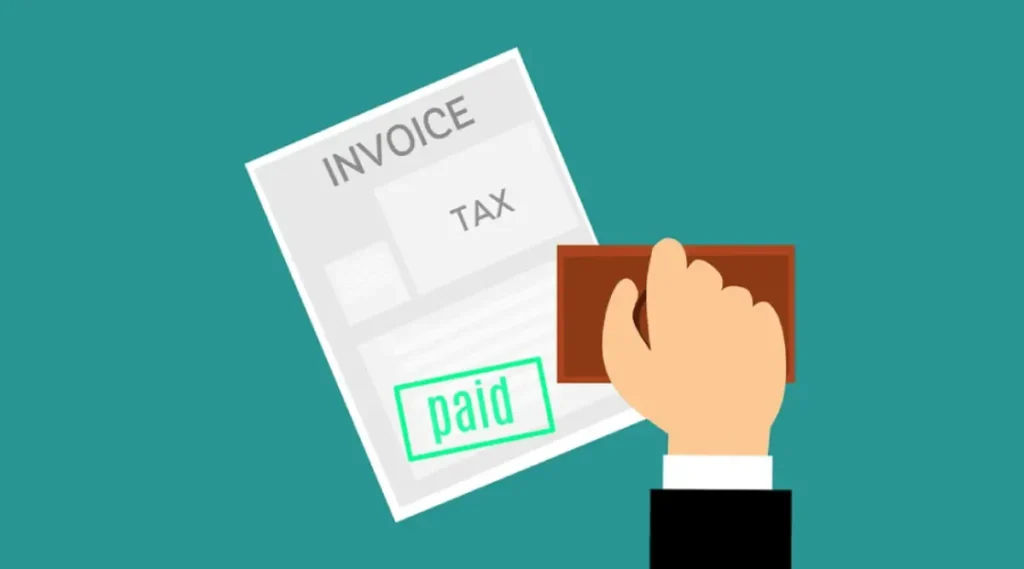The mounting controversies surrounding Darren Campbell’s FBA Brand Builder (FBABB) are putting not just Darren, but his team members, in an increasingly precarious position. With accusations of fraudulent trademark filings, silencing critics, and financial misconduct gaining traction, the scrutiny is now spreading beyond the program’s founder. Many team members—often freelancers or contractors—could find themselves facing legal repercussions, reputational fallout, and financial challenges.
In this article, we’re diving into actionable advice for current and former FBABB team members based in Northern Ireland. From understanding employment classifications to knowing your legal rights and protecting your future, we’ll cover what you need to know as the pressure on FBABB intensifies.
Freelancer or Employee? Know Your Classification
Most FBABB team members likely operate as freelancers, invoicing for their work without receiving traditional employee benefits. However, this setup raises important questions about how your role has been classified—and whether it aligns with employment law.
- Freelancer Status:
If you invoice FBABB for your work, handle your own taxes, and don’t receive benefits like paid leave, pension contributions, or National Insurance deductions, you’re likely classified as a freelancer. While this setup offers flexibility, it also places the responsibility for tax compliance squarely on your shoulders. Failure to report earnings accurately or make proper contributions could lead to serious issues if HMRC conducts an audit. - Potential Misclassification:
If FBABB controlled your hours, assigned specific duties, or treated you like an employee, you may have been misclassified as a freelancer. This is a violation of employment law and could mean you’re entitled to protections like unfair dismissal claims, redundancy rights, and other employee benefits.
If you suspect you’ve been misclassified, seek legal advice immediately. Misclassification doesn’t just affect your rights—it could implicate FBABB in labor violations.

Tax Compliance and Financial Risks
It’s crucial to confirm whether taxes have been handled properly, as this could impact both you and FBABB.
- Freelancers:
Double-check your records to ensure you’ve correctly reported all income to HMRC. If FBABB failed to provide payment documentation, it could complicate your ability to account for your earnings, potentially putting you at risk of scrutiny for underreporting. - Employees:
If you were treated as an employee but didn’t have taxes or National Insurance contributions deducted from your pay, FBABB could be held liable. However, HMRC may also investigate your involvement, so it’s essential to keep detailed records of your income and employment terms.
Taking proactive steps now can help you navigate these risks and protect your financial future, especially as FBABB faces growing legal and financial scrutiny. With numerous clients reportedly contacting HMRC to request an investigation into the company’s practices, the pressure is only intensifying.

Legal Protections for Team Members in Northern Ireland
Understanding your rights is essential if you’ve been impacted by FBABB’s controversies. Here are the protections that may apply to you under Northern Irish law:
- Unfair Dismissal:
If you were employed (not freelancing) and let go after raising concerns or refusing to participate in questionable practices, you may have grounds for an unfair dismissal claim under the Employment Rights (Northern Ireland) Order 1996. Employees with at least one year of service can challenge dismissals that lack valid justification or process. - Whistleblowing Protections:
Under the Public Interest Disclosure (Northern Ireland) Order 1998, whistleblowers who report fraud, mismanagement, or unethical practices are protected from retaliation, including dismissal or harassment. If you’ve spoken out about FBABB’s activities, this law ensures your safety against punitive actions. - Redundancy Rights:
If FBABB reduces staff due to financial or legal troubles, employees are entitled to redundancy pay and adequate notice based on their tenure. Freelancers, however, are not eligible for redundancy but should confirm that all outstanding invoices are paid in full before disengaging from the company.
By knowing your rights and seeking legal advice when necessary, you can better protect yourself during this challenging time.

Risks of Legal Action Against Team Members
While Darren Campbell and FBABB are at the center of the controversies, team members who were directly involved in contentious activities could also face scrutiny. These risks include:
- Personal Accountability:
If you were involved in declining client refunds, issuing cease-and-desist threats, or enforcing policies of questionable legality, you could be exposed to claims of accessory liability. Even if you acted under instruction, you may still be held accountable for your role in these actions. - Fraud and Consumer Protection Violations:
Activities like misrepresentation in trademark filings or using aggressive tactics against clients could fall under Northern Irish consumer protection laws. Authorities may investigate your involvement, even if you were simply following directives from leadership. - Media Exposure:
With Northern Ireland’s media actively covering FBABB’s scandals, team members tied to high-profile incidents could be named in reports. Such exposure risks significant harm to both your personal reputation and professional prospects.
Understanding these risks and seeking legal guidance can help you navigate potential challenges and protect your future.

Steps to Protect Yourself
If you’ve been involved with FBABB and are concerned about the potential fallout, taking proactive steps is essential. Here’s how to protect yourself:
1. Document and Review Your Role
- Gather Records: Collect all relevant contracts, invoices, emails, and messages from your time with FBABB. These documents can be crucial for clarifying your responsibilities and defending your actions if necessary.
- Identify Your Exposure: Reflect on whether you were involved in contentious decisions, such as declining refunds, issuing legal threats, or handling trademark filings. Understanding your involvement is key to assessing potential risks.
2. Seek Professional Guidance
- Employment Solicitors: If you suspect misclassification, wrongful dismissal, or have questions about redundancy rights, whistleblowing protections, or unfair dismissal claims, consult an employment solicitor.
- Accountants: Ensure your tax records are accurate and compliant. If FBABB didn’t provide proper payment documentation, an accountant can help rectify any discrepancies and prepare for potential HMRC scrutiny.
3. Distance Yourself Professionally
- End Your Association: Formally terminate your relationship with FBABB by providing written notice, as required by your contract.
- Communicate Professionally: When explaining your departure, focus on personal development and ethical alignment rather than assigning blame. This approach helps maintain professionalism.
4. Consider Whistleblowing
- Report Misconduct: If you have evidence of fraud, tax evasion, or unethical practices, report it to the appropriate authorities:
- HMRC Fraud Hotline: 0800 788 887 for tax-related violations.
- PSNI Economic Crime Unit: For cases of financial misconduct.
- Labour Relations Agency (LRA): 03300 555 300 for employment disputes or advice.
Taking these steps not only safeguards your future but also helps ensure accountability within the program.

Rebuilding Your Reputation
If your association with FBABB has left your professional image at risk, taking control of the narrative and showcasing your strengths is essential. Here’s how to rebuild your reputation effectively:
Control the Narrative
- Be Transparent: Openly acknowledge your role at FBABB, emphasizing your professional integrity and adherence to ethical practices.
- Disassociate from Controversy: Make it clear that you were not involved in, nor do you support, any controversial actions or decisions made by FBABB leadership.
Leverage Your Skills
- Highlight Your Expertise: Showcase transferable skills gained during your time with FBABB, such as client relations, project management, and marketing know-how.
- Refresh Your Profile: Update your CV and LinkedIn profile to emphasize your broader career journey, minimizing the focus on FBABB while highlighting your strengths.
Secure References
- Seek Independent Endorsements: Whenever possible, obtain references from clients or colleagues who are unaffiliated with FBABB. These testimonials can validate your professionalism and reinforce your credibility.
Taking these steps can help you regain control of your professional narrative, ensuring your skills and integrity take center stage as you move forward.
It's Time to Take Action Now
FBABB’s escalating controversies have left team members facing significant uncertainty. By taking proactive steps—understanding your rights, documenting your involvement, and consulting with professionals—you can safeguard yourself against potential fallout. Most importantly, distancing yourself from the company and focusing on rebuilding your professional reputation will position you to move forward confidently and seize brighter opportunities ahead.
For additional guidance or resources specific to Northern Ireland’s legal and employment landscape, feel free to reach out—we’re here to help.

